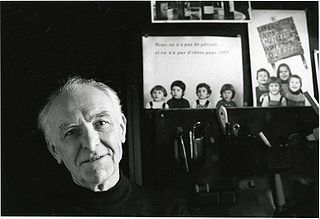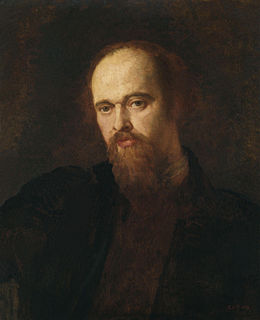A Quote by Jane Austen
Perfect happiness, even in memory, is not common.
Related Quotes
I had always been taught that the pursuit of happiness was my natural (even national) birthright. It is the emotional trademark of my culture to seek happiness. Not just any kind of happiness, either, but profound happiness, even soaring happiness. And what could possibly bring a person more soaring happiness than romantic love.
I'm still willing to continue living with the burden of this memory. Even though this is a painful memory, even though this memory makes my heart ache. Sometimes I almost want to ask God to let me forget this memory. But as long as I try to be strong and not run away, doing my best, there will finally be someday...there will be finally be someday I can overcome this painful memory. I believe I can. I believe I can do it. There is no memory that can be forgotten, there is not that kind of memory. Always in my heart.
Love, compassion and concern for others are real sources of happiness. If you have these in abundance, you will not be disturbed even by the most uncomfortable circumstances. If you nurse hatred, however, you will not be happy even in the lap of luxury. Thus, if we really want happiness, we must widen the sphere of love. This is both religious thinking and basic common sense.
Some days the mere fact of seeing feels like perfect happiness... You feel so rich you long to share your jubilation with others. The memory of such moments is my most precious possession. Maybe because there've been so few of them. A hundredth of a second here, a hundredth of a second there-- even if you put them end to end they still only add up to one, two, perhaps three seconds snatched from eternity.
Love doesn't have to be perfect. Even perfect, it is still the best thing there is, for the simple reason that it is the most common and constant truth of all, of all life, all law and order, the very thing which holds everything together, which permits everything to move along in time and be its wonderful or ordinary self.
We no longer see the evolution of the nervous system, but that of a certain individual. The role of the memory is very important but... not as important as we believe. Most of the important things that we do don't depend on memory. To hear, to see, to touch, to feel happiness and pain; these are functions which are independent of memory; it is an a priori thing. Thus, for me, what memory does is to modify that a priori thing, and this it does in a very profound way.





































